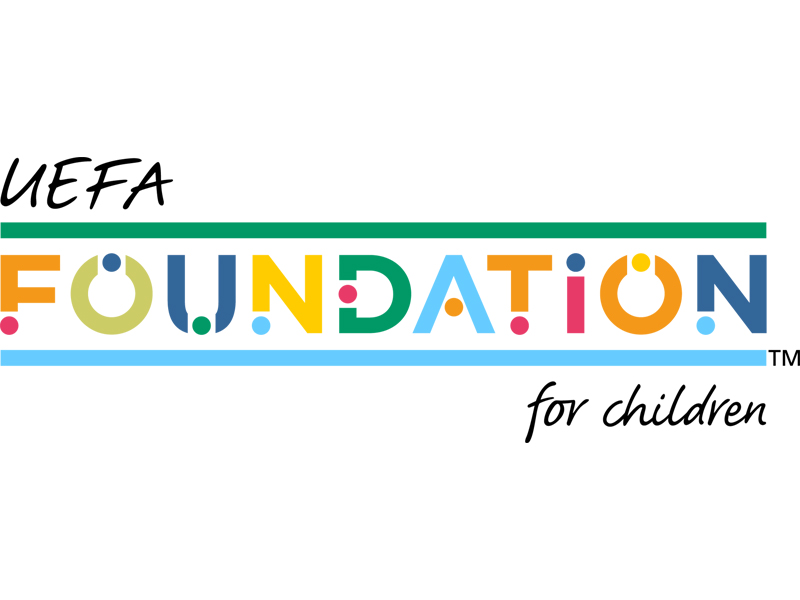Context:
Football is popular, accessible, and profound in its ability to connect people and places. Seen as an incredibly powerful platform, through which to facilitate the promotion of social change, football and sport for development programmes are recognised as a low-cost, high impact tool to supporting the achievement of global development priorities.
The Oceania Football Confederation (OFC) focuses on sport for development as part of its overall strategy to build stronger, healthier communities and address social issues affecting young people in the Pacific region.
The purpose of the Just Play programme is to reduce vulnerabilities to endemic social issues, such as the prevalence of non-communicable diseases (NCD), gender inequality and social exclusion, by integrating social messages into sessions – for example, the importance of eating fruit and vegetables. The programme promotes the importance of regular physical activity and its impact on issues such as nutrition, disability and social inclusion, to enable positive social behaviour change.
Home to half a million children spread over 17.2 million square kilometres of ocean, children in the Pacific region face several significant challenges as they navigate their way through daily life.
Health and wellness – non-communicable diseases the leading cause of death
With obesity and diabetes on the rise, research indicates that only 18% of children in Fiji, Samoa, the Solomon Islands, Tonga and Vanuatu attend regular physical education classes, with fewer than 20% of children in these countries playing for 60 minutes or more a day. More than 50% of children choose soft drinks instead of water, which contributes to weight gain. More than 25% of children present as overweight and obese as early as 13 years of age.
Gender equality and social inclusion – prevalence of discrimination and inequality
Children with disabilities experience discrimination, exclusion and social barriers, and girls are marginalised and face inequalities in education, decision-making processes and access to health services.
Child safeguarding – high levels of bullying and violence
Evidence shows that poverty, hunger and lack of access to services remain major challenges for children in the target countries. One in four children live below the poverty line and children are exposed to high levels of violence at home and at school. More than 45% of children aged 13–15 report being bullied; 27% have attempted suicide in the past 12 months; 12% report having no close friends; and 80% of children experience some form of direct violence or abuse.
Protection risk factors are high. More than 40% of children reportedly miss school and 35% of children report that their parents or guardians do not know what their offspring are doing or where they are during their free time.
With low levels of literacy and up to 30% of young people aged 15–24 years presenting as illiterate, employment opportunities are limited, resulting in high unemployment rates among young people in the region.
Emergency preparedness and response – high risk of natural disasters
Between 2009 and 2017, the Pacific region was affected by 44 natural disasters. Vanuatu and Fiji were hit by category 5 tropical cyclones in 2015 and 2016 that affected nearly one million people, including 450,000 children. Fiji, the Solomon Islands, Tonga and Vanuatu accounted for 30 of 44 natural disasters that struck the region, with children constituting on average between one third and one half of the people most severely affected.
With a focus on the UN’s sustainable development goals (SDGs), adopted in 2015, the OFC’s sport for development activities were developed to help support and reinforce national capacities to deliver results for children and children’s rights throughout the Pacific region.
Through the provision of structured sport for development interventions, the OFC seeks to reduce risk factors associated with NCDs, child protection, gender and social inequality. These efforts were extended to humanitarian response with the success of the Just Play emergency programme.
Working with key delivery partners such as the Australian government, Football Federation Australia, the New Zealand government, UEFA Foundation for Children and UNICEF Pacific, the OFC seeks to build confidence in children and teenagers and provide access to quality sports activities, educational platforms, advocacy campaigns and public dialogue through active participation.
Project content:
With a ball, a coach and a safe space to play, the Just Play programme delivers football in combination with life skills messages aimed to build stronger, healthier individuals, communities and nations by addressing social issues affecting children and teenagers in the Pacific and beyond.
Through the OFC’s Just Play programme children and adolescents are empowered to advocate for change, supporting the development of positive behaviour and the enhancement of resilience among their peers and community.
